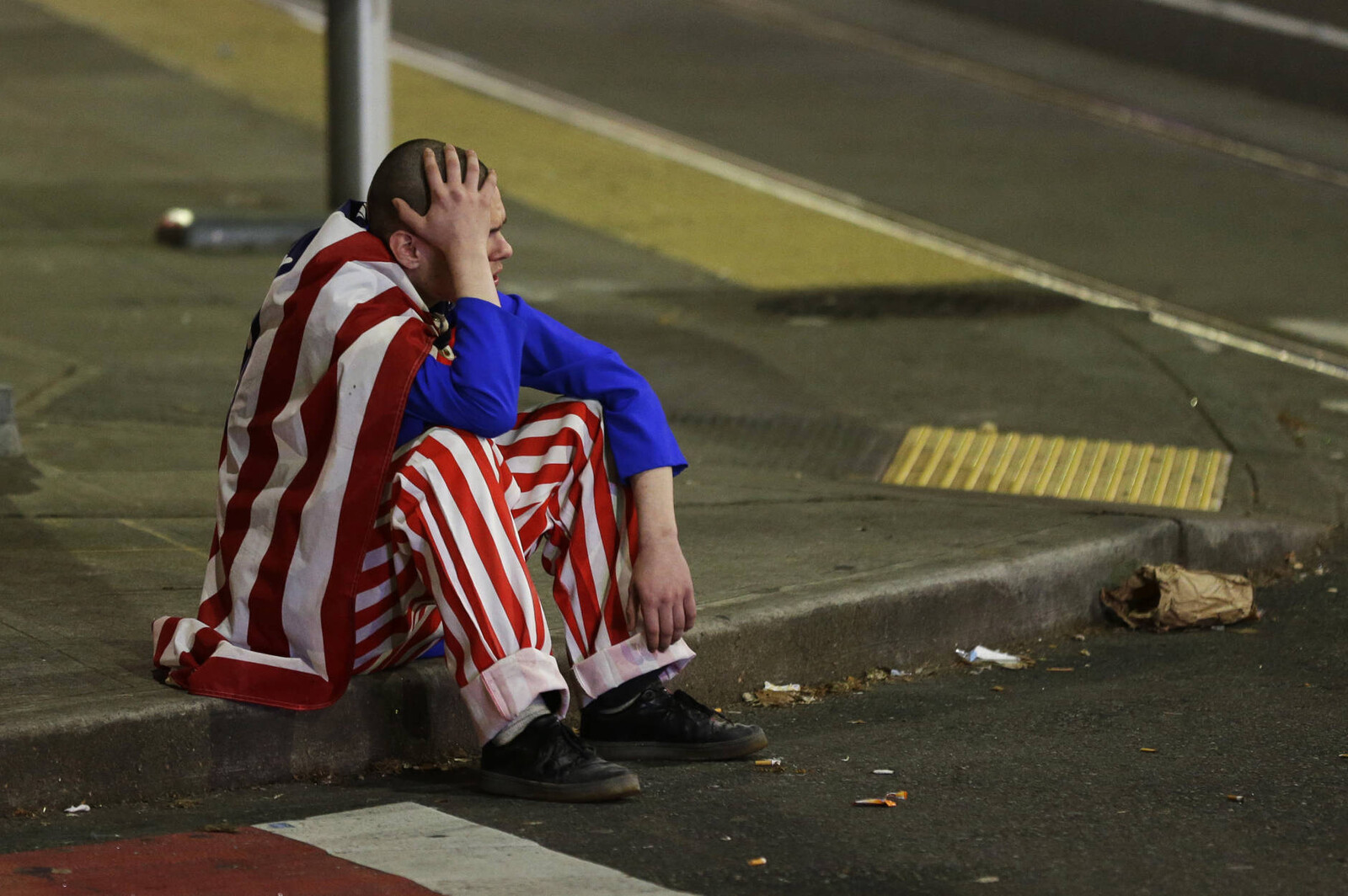In case you missed out, here’s a digest of the top stories on e-flux conversations from October–November 2016, including extensive coverage of the aftermath of the US election.
A statement from Judith Butler
“There are two questions that voters in the US from the left of center are asking themselves: Who are these people who voted for Trump? And why did we not prepare ourselves at all for this conclusion? The word ‘devastation’ only starts to approach the widespread feeling of the moment among those I know. We did not know how widespread anger is against elites, how deep the anger of white men is against feminism and the civil rights movement, how demoralized by economic dispossession many people are, how exhilarated people are by isolationism and the prospect of new walls and nationalist bellicosity. Is this the new ‘whitelash’? Why did we not quite see it coming?”
Simon Sheikh: “Art After Trump”
“Just as we should not be surprised, even if appalled, by the election of Trump, we should also reject the widespread consensus that Clinton’s defeat is a defeat of the left tout court that should plunge us into a process of not only self-blame, but also depression and despair. If voters protested the effects of globalism, albeit through xenophobia, it was a rejection of neoliberal orthodoxies and managerialism, something Clinton represents more than anyone. The election of Trump must thus, in my view, not be seen as a defeat of the left, but as a defeat of the center. It is the defeat of neoliberalism and what Tariq Ali has aptly called “the extreme center” and its hold on the center-left through social democratic alignment with, and proliferation of, neoliberal deregulation. What this election and many across the former West show is that the extreme center cannot hold, and elections are now won not from the center, but from the left or right, and not through consensus, but dissensus.”
Rosi Braidotti: “DON’T AGONIZE, ORGANIZE!”
“The way to handle these issues is to start from the project of composing a ‘we’ that is grounded, accountable and active. This is the collective praxis of affirmative politics, which Spinoza encourages us to embrace against the toxic negativity of the social context. In the midst of our technologically mediated social relations and in response to the paranoid rhetoric of our post-truth democratic leaders, how can we labor together to construct affirmative ethical and political practices? How can we work towards socially sustainable horizons of hope through resistance? What tools can we use to resist nihilism, escape consumeristic individualism and get immunized against xenophobia? The answer is in the doing, in the praxis of composing alliances, transversal connections and in engaging in difficult conversations on what troubles us. ‘We’ need to re-radicalize ourselves.”
Sven Lütticken: “A Matter of Form”
“After a post-factual campaign took Trump to the White House, the rule of the factual will be oppressive for many, and for some more than for others. In it and against it, we must maintain and create organizations that open up possibilities and form life differently. As a wonderfully dialectical German saying puts it: we have no chance, and we must use it. Below, besides, above and traversing the party level and that of the structures of education and the media, a multitude of social and organizational forms is possible and necessary. Create publishing outfits and radical sewing groups, gardening collectives, legal collectives, hacker brigades; networks that congeal into groups and groups that spread out into networks. Some are fiercely local, others resolutely transnational. Let a thousand organizations bloom.”
Franco “Bifo” Berardi on national workerism and racial warfare
The neoliberal Left paved the way for the racist Right.
Jack Halberstam: “It’s winter in America”
Put on your coats and get ready to fight.
Artists and curators from around the world defend Dahlberg’s Memory Wound
“That is exactly what art is capable of: to give us an emotional relationship to events that are so brutal that they are impossible to comprehend.”
Interview with Mladen Dolar: “I think to make art is to make a break”
On sublimation, Samuel Beckett, and passionate philosophy.
Right-wing media believes Marina Abramović cooked the Podestas a Satanic meal
You can’t make this stuff up.
The New Yorker profiles Cursed Images
“They are little snapshots of a world arranged by a spooked, mischievous, possibly malevolent presence.”
Is the fetishization of work making us miserable?
Yes, and women have it worse than men.
Art museum directorships are still a boys’ club
“Museums and galleries frame the world for us: senior managers decide what goes on the walls, and this in turn shapes what the public values and remembers.”


